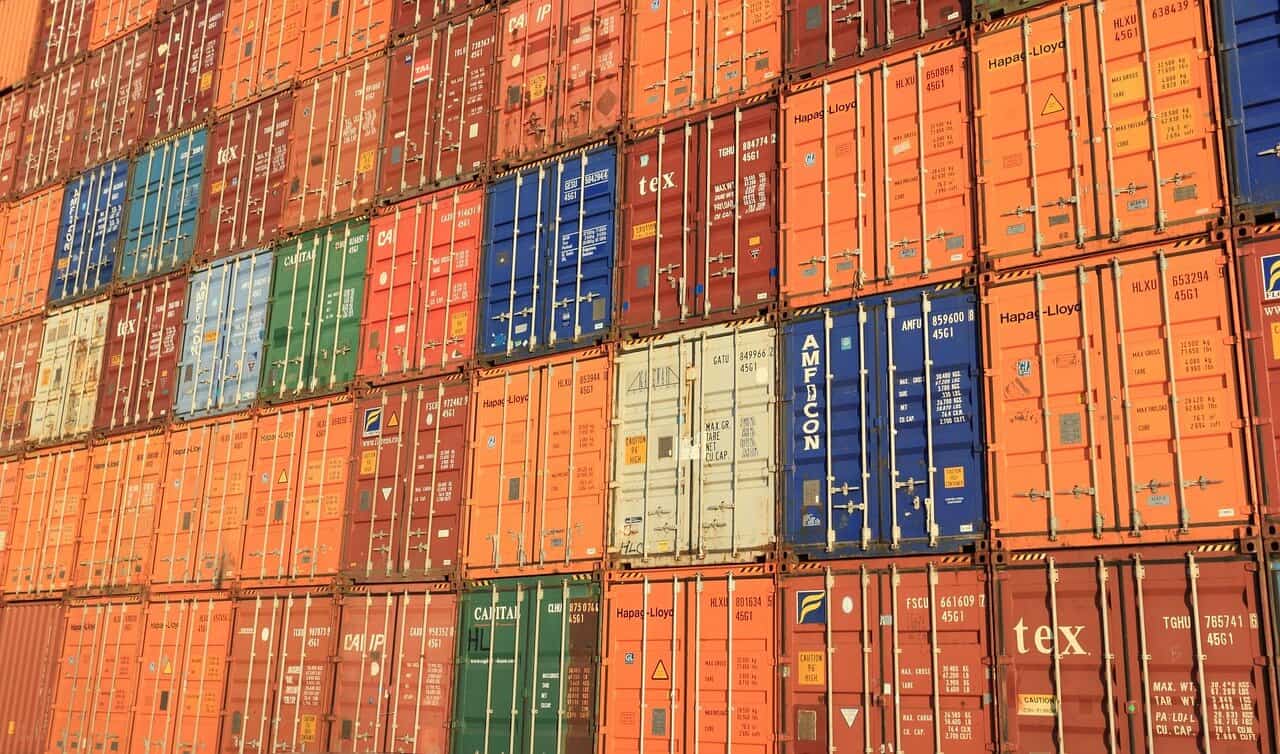Costa Rica has launched urgent negotiations with the United States to overturn a 10% tariff on its exports, imposed by President Donald Trump’s administration in April. The tariff, part of a broader U.S. trade policy, has spurred Costa Rica to act swiftly, making it one of the first Latin American nations to hold formal talks with Washington, following larger economies like China, Japan, and the United Kingdom.
Earlier this month, a delegation from Costa Rica’s Ministry of Foreign Trade (COMEX), led by Minister Manuel Tovar, met with the Office of the United States Trade Representative (USTR) in Washington. The discussions focused on the tariff’s impact on key Costa Rican exports, including bananas, coffee, and medical devices, which face higher costs in the U.S., Costa Rica’s largest trading partner. Tovar underscored the nation’s proactive stance, stating, “Our engagement with the U.S. is continuous and robust. We are working diligently to protect our exporters and maintain favorable investment conditions.”
The U.S. has flagged concerns about Costa Rica’s trade practices, citing a 2025 National Trade Estimate Report that points to restrictions equivalent to a 17% tariff, such as liquor tax disparities and bureaucratic barriers to animal product imports. Tovar refuted these claims, noting that many issues were resolved years ago. “The report relies on outdated data,” he said, urging a reassessment to reflect current trade policies.
This highlights Costa Rica’s strategic approach, with some observers noting its “early negotiation advantage” in addressing the tariff. With a $15 billion annual trade relationship and $7.2 billion in Costa Rican exports to the U.S. in 2024, both sides are motivated to find a resolution. The Costa Rican government aims to finalize an agreement by June, prioritizing rapid progress while advocating for equitable trade terms. As negotiations continue, Costa Rica remains committed to strengthening economic ties with the U.S.






